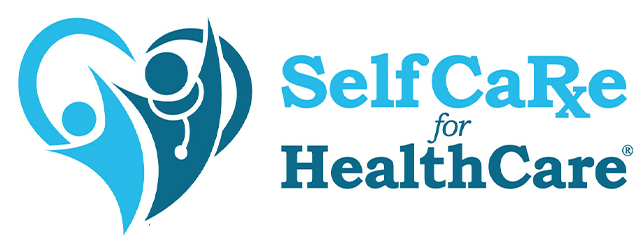Grab-and-go foods are an easy option for busy lives. But if you choose ultra-processed foods, you may pick up something you don’t want — heart disease.
About 55% of Americans’ daily calories come from eating ultra-processed foods. And the more calories that came from ultra-processed foods, the worse heart health was, according to a study from Northwell Health’s Sandra Atlas Bass Heart Hospital, in Manhasset, N.Y.
So, what exactly are ultra-processed foods? They’re ones made from substances extracted from foods, such as fats, starches, hydrogenated fats and added sugars. They may also have additives, like artificial flavors or colors, or substances that stabilize these foods (emulsifiers). Items marketed as “convenience foods” are ultra-processed, like frozen meals, jarred sauces and fast food. Other examples include include, soft drinks; packaged salty snacks, cookies and cakes; processed meats, like hot dogs and cold cuts; chicken nuggets; powdered and packaged instant soups.
This isn’t the first study to point the finger at ultra-processed foods as a potential cause of heart problems. Another published in BMJ looked at more than 100,000 French people for over five years and found that those who ate the most ultra-processed foods were more apt to have a stroke or heart condition.
The new study was led an epidemiologist at the U.S. Centers for Disease Control and Prevention. The researchers reviewed data collected between 2011 and 2016 from a nationally representative group of almost 13,500 U.S. adults. The study volunteers reported what they had eaten in the past day.
The participants were also asked about lifestyle factors included in the American Heart Association’s Life’s Simple 7 campaign. This includes having healthy blood pressure, cholesterol and blood sugar levels, avoiding tobacco products, eating a healthy diet, maintaining a healthy body weight and participating in regular physical activity.
The researchers found that adults who got about 70% of their calories from ultra-processed foods were around half as likely to have ideal heart and blood vessel health as people who regularly got 40% or less of their calories from ultra-processed foods.
Every 5% increase in ultra-processed food calories led to a corresponding decrease in overall heart and blood vessel health, the study found.
The study reinforces the need to educate the public on the benefits of a nutrient-rich, whole foods.
To learn how to create wellness programs for happier, less stressed, more engaged employees, visit SelfCare for HealthCare™. Contact me today to discuss implementing this powerful program at your facility. Interested in LeAnn Thieman’s keynote speaking, training and workshops? Email lthieman@leannthieman.com.




